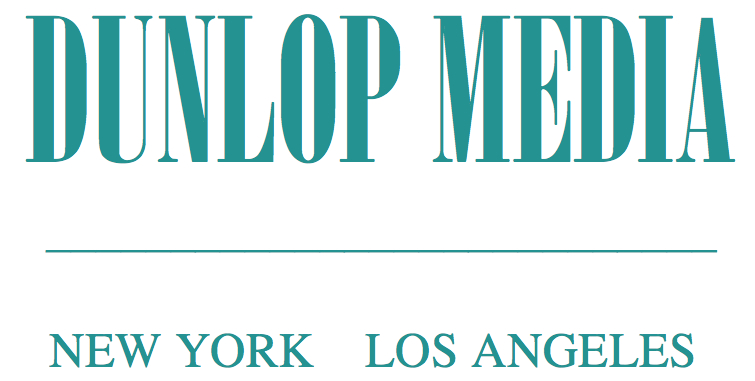The question to ask about every story: what will it mean tomorrow?
Media commentary by Steve Dunlop
Newspeople have the attention span of a gnat. We are bred to cover today's big thing, get the facts, find the story line, write, print, and move on to tomorrow's big thing.
"Yesterday's news," as the phrase once went, "is tomorrow's fish wrap." Or as you might say today, with a roll of your eyes and a toss of your head, "that is soooo 15 minutes ago."
British Prime Minister Margaret Thatcher on an official visit to Washington shortly after her election in 1979.
But news is also, as longtime Washington Post publisher Philip Graham once said, the first rough draft of history. When former British Prime Minister Margaret Thatcher died at the age of 87, I was reminded again of the difference between a routine headline and a story that people would actually remember in 30 years.
In 1979, I was the newly-minted morning news editor of WOR, New York's proud establishment radio station. In a time well before the Internet or even cable news, WOR was one of the most listened to stations in the country, and certainly among the most profitable.
(I was in my early 20's at the time, and the next youngest newsroom employee was almost twice my age.)
New York was a very different place in 1979. The city had nearly gone bankrupt just a few years before, and was only now starting to recover. Public services like street cleaning and garbage collection were notoriously undependable.
On one side of WOR's 23rd floor studios at 1440 Broadway - where world figures routinely came to be interviewed -Times Square was dirty, sleazy, and dangerous. On the other side, Bryant Park was a well known location for drug deals. Crime of all kinds was setting records.
Then, on April 19, more than six thousand New York State prison guards went on strike, in direct violation of a law which prohibited public employees from walking off the job. Correctional facilities were already overflowing. Now there were palpable fears for public safety. The National Guard was called in to man the prisons, prompting cries of "scab" and leading to violence on the picket lines.
The prison guard strike was our lead story at WOR for the better part of sixteen days. It felt like sixteen months.
But on the early morning of May 4 came a surprise. Negotiators for the state and the guards' union, working all night, unexpectedly reached an agreement to end the walkout. The city and the state breathed an almost audible sigh of relief.
I arrived at WOR at 4 am, and part of my job was to consult with our writers and anchors and identify the big lead story of our morning news shows, with a cumulative audience of more than a million people.
Had the strike ended on almost any other day, my choice would have been a slam dunk. But May 4 was also the day that Margaret Thatcher was elected Prime Minister of Great Britain.
My team and I all debated and reflected on the pros and cons for a few minutes - something that doesn't happen very much in the news industry these days. An end to a labor dispute that endangered the public, we decided, surely meant more to our listeners than a new leader across the sea in England.
So we led with the prison strike. Thatcher would be our second story.
After the end of our first 15-minute news block at 6 am, I got a call at the desk from WOR's News Director, Reg Laite. He had just heard our broadcast from home, and had other ideas.
"Why are you leading with the strike? Your lead-all has to be Thatcher," he instructed me. "Move the end of the prison strike down to the second slot."
I asked Laite why. After all, we'd been leading with the prison standoff for more than two weeks. Wasn't it just a more significant story?
"Thatcher is bigger," he grunted. "It's huge. It's historic. Maybe you're too young to see. She is the first woman to lead a Western power. Go with it."
You can debate about what the right call was on that particular morning. But history, the ultimate judge, would prove my boss correct, and me wrong.
Remember - this was before the rest of the world had ever really heard of Margaret Thatcher. It was before she faced down unionized coal miners, heralding a changed game for Britain's economy. And it was well before the election of Ronald Reagan, the rise of democracy in Poland, fall of the Berlin Wall and the collapse of Communism - all events in which Thatcher's resolve played a key role.
And, of course, Meryl Streep won an Oscar for portraying an iron lady - not a prison guard. Today it seems downright silly to compare the two.
Now, more than ever, we live in an era where moonbeams pass as news. Now you see it, now you don't. The lesson I took from the election of Margaret Thatcher still prompts me to ask a simple question about every story I write, and read:
What's it gonna mean in 30 years?



